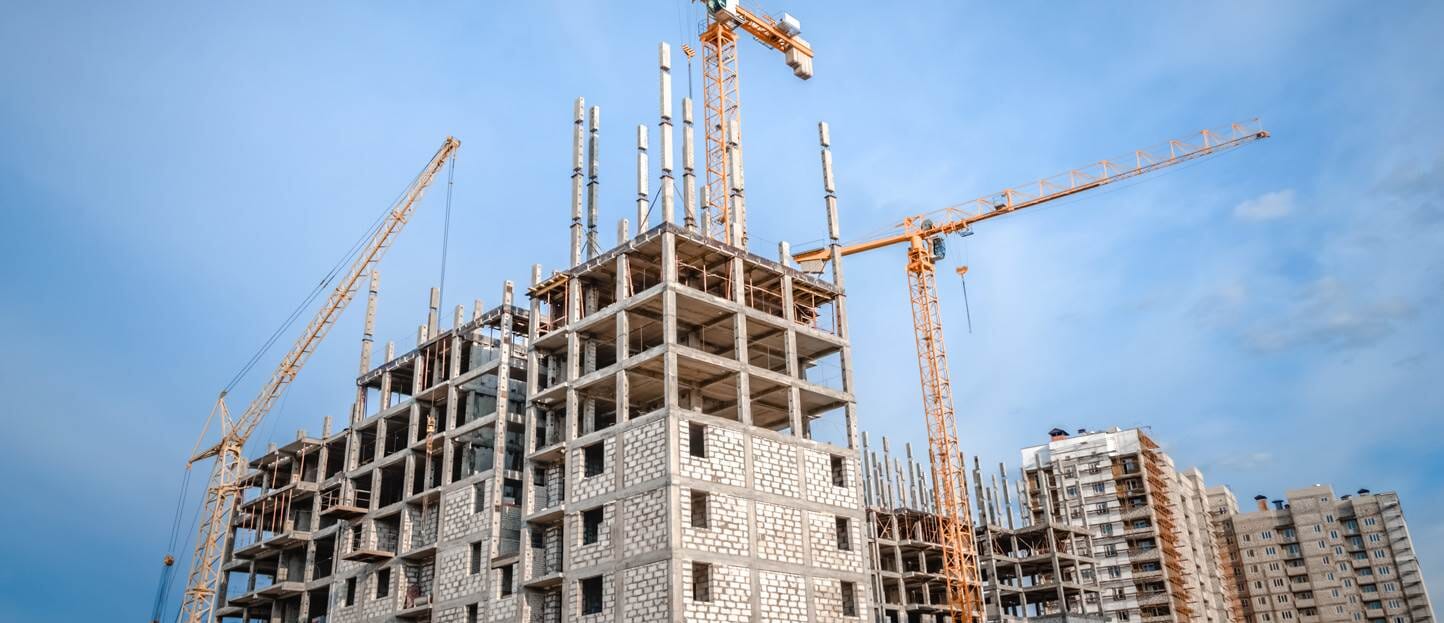How the UK housing sector can meet Labour’s 1.5 million homes target sustainably
The UK housing sector must prioritise creating sustainable, energy-efficient homes to help Labour meet its goal of building 1.5 million new houses.

The Labour government’s goal of building 1.5 million homes within the next 5 years is an ambitious response to the UK’s ongoing housing crisis. However, focusing on quantity alone isn’t enough; to meet the demands for the future, the UK housing sector must prioritise creating sustainable, energy-efficient homes that align with the UK’s broader climate and carbon reduction goals.
We offer some practical solutions for developers who are looking to improve their sustainable building credentials below.

Prioritising sustainable building practices
As the housing sector in the UK scales up to meet the 1.5 million homes target, it must focus on integrating sustainable building practices within all stages of development. Energy efficiency must be built into the fibre of every new home, making them resilient to any future climate challenges. Some of the key sustainable building practices that developers should prioritise include:
Energy Efficient Building Design
High-performance insulation materials, triple-glazed windows and airtight construction techniques can help to minimise heat loss and lower the overall energy consumption for homeowners. Achieving stringent building certifications such as the Home Quality Mark (HQM) or adopting the UK’s Net Zero Carbon Buildings Standard can ensure that your development meets the required sustainable building guidelines, allowing you to attract even the most eco-conscious buyers.
Sustainable Building Materials
The choice of construction materials used has a significant impact on a building’s overall environmental footprint. Opting for sustainably sourced timber, recycled steed, or low-carbon hempcrete or concrete can significantly reduce the carbon impact of your development. Additionally, choosing locally sourced materials can reduce the carbon emissions associated with transportation, making the construction process much greener.
Flexibility and Longevity
By designing homes with flexibility and longevity in mind, developers can ensure that properties are able to adapt to changing needs over time. Incorporating modular designs that utilise flexible spaces and robust construction methods mitigates the need for future renovations or demolitions, helping to reduce waste and conserve natural resources.
Implementing sustainable energy solutions
To meet the UK’s climate targets, all new homes must incorporate renewable energy sources and low-carbon technologies wherever possible. For developers, this means designing intelligent homes that generate their own energy or consume less power from the national grid.
A key part of this process involves SAP calculations and achieving high EPC ratings. SAP calculations assess the energy efficiency of new homes, helping to determine their EPC rating. The higher the EPC rating, the closer a home is to being low-carbon or net zero. These elements are highly relevant to the Home Quality Mark (HQM), which assesses the overall sustainability of new housing developments.
The sustainable energy housing solutions that developers should consider implementing include:
Installing Renewable Energy Systems
Solar panels, heat pumps and biomass boilers can be installed within new homes to provide sustainable heating and electricity solutions. These technologies reduce the reliance on fossil fuels and contribute to lower overall carbon emissions, whilst providing long term cost savings for homeowners. Leveraging these renewable energy systems within your new build development aids the UK house building sector and wider government in its journey towards achieving net zero by 2050.
Incorporating Energy Storage Systems
Pairing the renewable energy systems mentioned above with battery storage allows homes to utilise energy more efficiently. Excess energy can be stored during sunny or windy periods and used later on down the line, reducing dependency on the national grid and enhancing the overall resilience of housing developments.
Designing Net Zero Energy Homes
The goal of net zero energy homes is to generate as much energy as they consume over the period of a year. By combining energy efficient building methods with renewable energy generation and storage solutions, developers can aim to achieve net zero standards within new build projects. This helps future-proof homes against rising energy costs and climate regulations, enhancing the overall sustainability rating of the development.
Build a more sustainable future with Encon Associates
The challenge of building 1.5 million new homes offers a unique opportunity to reshape the UK’s housing landscape in line with its climate goals. By focusing on sustainable building practices, modern construction methods and renewable energy integrations, the UK housing sector can not only meet the housing demand but also set a benchmark for future sustainable developments.
Encon Associates is committed to providing expert environmental buildings consultancy to developers across the UK. Our extensive range of sustainable construction design and assessment services allows us to support developers in not only meeting the required regulatory requirements, but also achieving their ambitious sustainability goals.
Contact us today to discover how we can help you deliver not just more homes, but better, greener homes for the future.